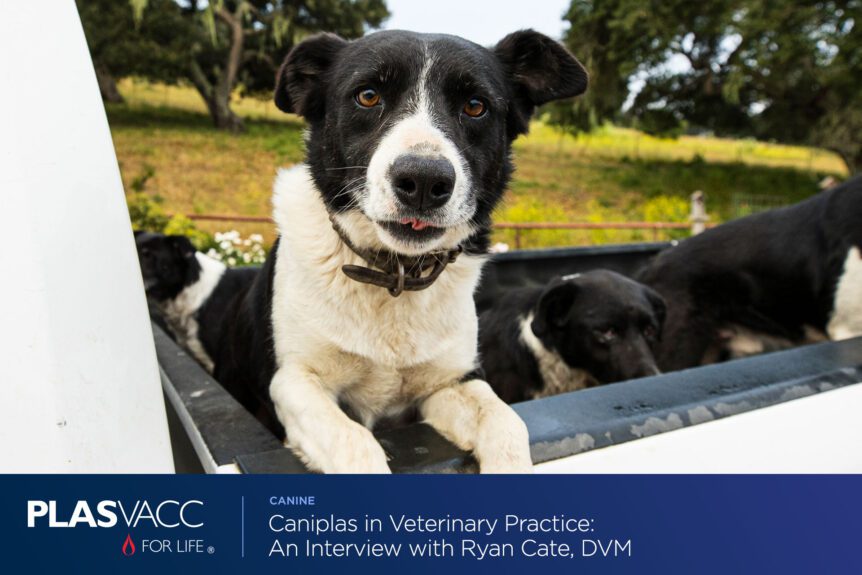With its ability to assist veterinarians in treating a wide variety of conditions, including canine parvovirus infection (CPV), Caniplas has come to play an important role in veterinary practices across the United States. We sat down with Dr. Ryan Cate, owner of Riverstone Veterinary Group in Brock, Texas, who also serves as the Companion Animal Technical and Product Support Veterinarian …
Why Caniplas Should Be in Every Vets’ Freezer
The process of plasmapheresis has been a staple of modern medicine for nearly 60 years, enabling countless therapies across a wide variety of care disciplines. And while its introduction into veterinary standards of care took several more decades, the process was originally successfully proven all the way back in 1916 with a canine patient. Today, the procedure has benefitted from …
Caniplas and Parvovirus
Since its discovery in the late 1970s, Canine Parvovirus has been one of the leading causes of death in dogs because of its highly resilient, contagious, and aggressive nature. The fatality rate for puppies and unvaccinated dogs can be as high as 90% if left untreated. Parvo is easily transmitted through direct and indirect contact, it’s resistant to antivirals and …




